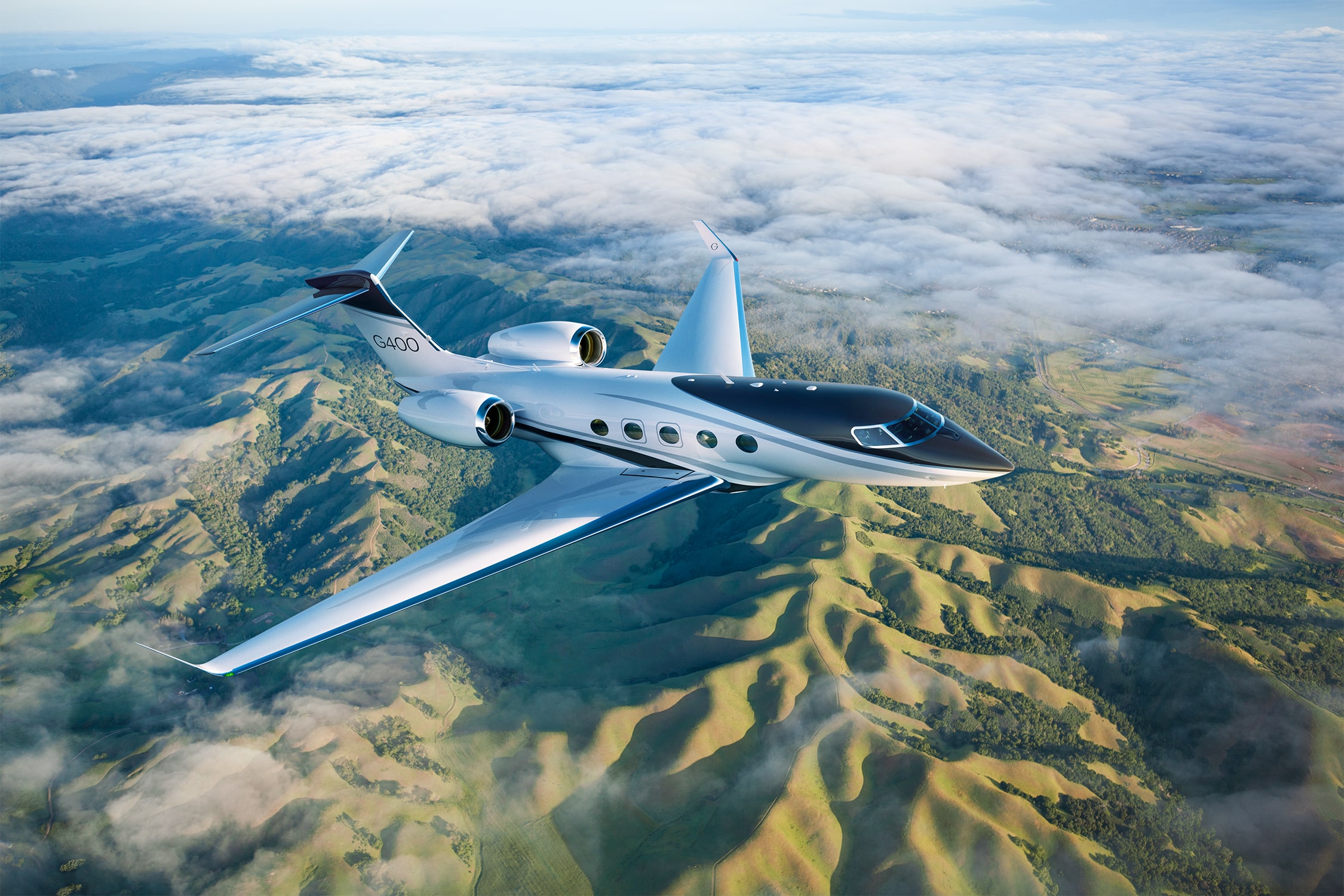
The aviation industry is one of the most dynamic and technologically advanced sectors in the world. From commercial airliners that connect continents to military jets that secure nations, aircraft manufacturers play a crucial role in shaping how we fly, travel, and even fight. Over the years, a handful of companies have distinguished themselves as leaders, setting industry standards in innovation, safety, and efficiency. Let’s take a closer look at the top aircraft manufacturers that dominate the skies.
1. Boeing – The American Aviation Giant
Boeing is arguably the most recognizable name in aviation. Founded in 1916, this American aerospace powerhouse has grown to become a global leader in commercial, military, and space aircraft. Boeing’s commercial airliners, including the 737, 747, 777, and 787 Dreamliner, are synonymous with long-haul travel. The company is known for its innovation, particularly with the 787 Dreamliner, which incorporates advanced materials and fuel-efficient engines, making it a favorite among airlines worldwide.
Beyond commercial aviation, Boeing’s defense and space divisions produce military jets, helicopters, and satellites, contributing to its reputation as a versatile aerospace leader. With decades of experience and a commitment to technological advancement, Boeing continues to shape the future of flight.
2. Airbus – Europe’s Aviation Powerhouse
Airbus, headquartered in Toulouse, France, is Boeing’s main global competitor. Founded in 1970, Airbus has grown into a symbol of European collaboration and innovation. The company’s A320 family dominates the single-aisle market, while the A350 XWB and A380 are examples of its long-range and superjumbo aircraft capabilities.
Airbus is known for its emphasis on passenger comfort and advanced technology. Its fly-by-wire system, first introduced in the A320, revolutionized aircraft control, making flights smoother and safer. With an ambitious focus on sustainability, Airbus is also developing electric and hybrid aircraft to reduce aviation’s carbon footprint, proving that innovation is at the heart of its mission.
3. Lockheed Martin – Military Aviation Innovator
While Boeing and Airbus dominate commercial aviation, Lockheed Martin is a key player in military aircraft manufacturing. Based in the United States, Lockheed Martin produces some of the world’s most advanced fighter jets, including the F-22 Raptor and the F-35 Lightning II. These aircraft combine stealth technology, advanced avionics, and unmatched speed and agility, making them invaluable assets for modern air forces.
Lockheed Martin also contributes to space exploration and missile defense systems, reinforcing its reputation as a high-tech defense and aerospace leader. Its commitment to research and development ensures that it remains at the cutting edge of military aviation.
4. Embraer – Brazil’s Aviation Success Story
Embraer, based in Brazil, may not be as large as Boeing or Airbus, but it has carved out a significant niche in regional aviation. Specializing in smaller commercial jets and business aircraft, Embraer is known for efficiency, reliability, and innovation. Its E-Jet family is popular among regional airlines, offering versatility and comfort for shorter routes.
In addition to commercial aircraft, Embraer manufactures defense and executive jets, making it a well-rounded aviation company. Its focus on cost-effective, high-performance planes has earned it a loyal global customer base.
5. Bombardier – Canada’s Aviation Innovator
Bombardier, headquartered in Montreal, Canada, is a prominent player in the business and regional aircraft sector. Known for the Learjet and Global series, Bombardier focuses on luxury, comfort, and advanced technology in its business jets. The company has also produced regional aircraft that serve smaller routes efficiently, catering to airlines seeking economical yet high-performance solutions.
Bombardier’s commitment to innovation extends to sustainability, with efforts to develop greener, more fuel-efficient aircraft to meet modern aviation demands.
In Conclusion
The aviation industry is a highly intricate ecosystem, with aircraft manufacturers forming its core. Companies such as Boeing, Airbus, Lockheed Martin, Embraer, and Bombardier are not merely assembling planes—they are advancing the frontiers of technology, efficiency, and sustainability. Central to this progress is precision machining for aerospace, which enables the creation of critical components for everything from commercial airliners to cutting-edge military jets. These sky kings are redefining how we travel, defend, and explore.
As the aviation sector continues to evolve, these manufacturers remain at the forefront, driving innovation with unmatched expertise and vision. For passengers, pilots, and aviation enthusiasts alike, tracking their breakthroughs provides a window into the future of flight—a future where the skies are safer, faster, and more sustainable, powered by precision engineering and advanced aerospace machining.